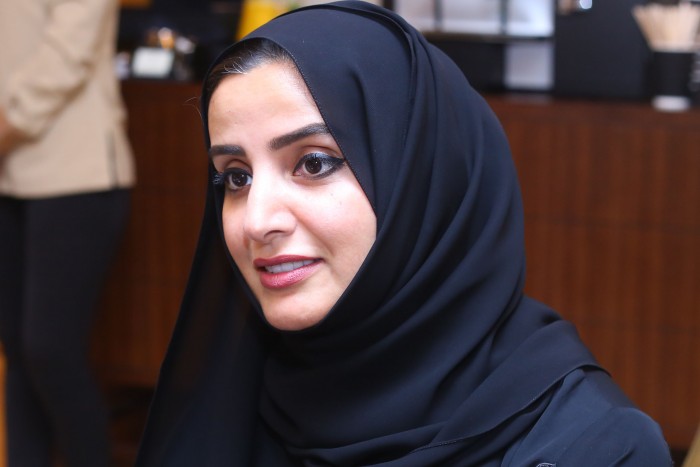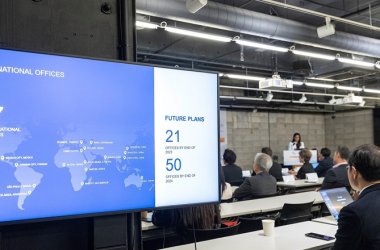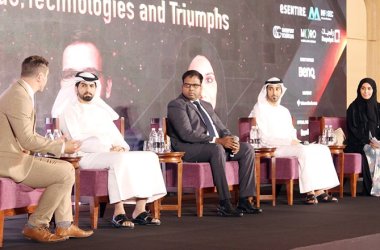At a recent special knowledge-sharing event hosted by the World Bank in Washington, Smart Dubai showcases emirate’s digital transformation journey.
In a presentation titled, “Smart Dubai: Digital Transformation Strategy and Implementation Results”, Smart Dubai has showcased the citywide smart transformation reshaping the emirate, detailing the strategy and key initiatives driving the change.

Dr. Aisha bint Butti bin Bishr, Director-General of Smart Dubai, presented the Dubai Paperless Strategy to the audience, which included more than 150 members of the World Bank Group.
“Smart technology has firmly established itself as the engine driving the cities of the future, transforming human communities and activities – from the most mundane of tasks to the most complex,” said Dr. Aisha.
“Dubai is on a quest to become the world’s smartest and happiest city, and has, to that end, taken a proactive approach and launched the Smart Transformation Agenda, embodying the ambitions of Sheikh Mohammed bin Rashid Al Maktoum, Vice President, Prime Minister and Ruler of Dubai.”
The strategy seeks to transform the Dubai Government into a fully digital administration, transferring all applicable transactions to digital platforms by the year 2021.
The strategy will see the Dubai Government go completely paper-free by 2021, eliminating more than one billion pieces of paper used for government transactions every year, and improving happiness levels for staff and citizens alike.
Launched in February 2018, the Dubai Paperless Strategy revolves around three main pillars: Technology, whereby all technological requirements would be provided to ensure paper-free government transactions and procedures. Second, Legislation, where the necessary legislative changes are made to regulate paperless transactions in all institutions. The third and final pillar, Culture, seeks to take the strategy forward, overcoming cultural barriers of individuals and institutions to promote paperless transactions and procedures.
Dr Bin Bishr also underlined the strategy’s success as six government departments cross the halfway mark in the shift away from paper, cutting their consumption by an average of 57 percent as the first phase of the Dubai Paperless Strategy drew to a close at the end of 2018.
“We, at Smart Dubai, are always on the lookout for opportunities to share our success and learnings in smart city transformation and learn from like-minded organisations and individuals, and with that in mind, were delighted to have the opportunity to showcase our progress here at this knowledge-sharing event, organised by the World Bank Group,” said Dr. Aisha.
Smart Dubai Head of Emerging Technology and Global Partnership Zeina El Kaissi also discussed the emirate’s Blockchain Strategy, which is designed to help Dubai become the world’s first city to be fully powered by Blockchain by 2020, using three strategic pillars: Government Efficiency, Industry Creation, and International Leadership.





